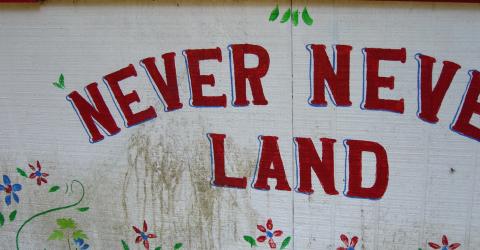2013
Rated R
117 minutes
****
Before “The Heat,” it didn’t occur to me that there was a female buddy cop movie void or that said void needed filling. It’s not because ladies don’t make good cops but because the formula itself is pretty stale. It turns out that a female buddy cop movie is an awesome idea. While “The Heat” does employ the basic tropes, it also reinvigorates the genre. Mullins’ (Melissa McCarthy) plainclothes cop grittiness isn’t any more credible than Axel Foley’s (Eddie Murphy in “Beverly Hills Cop”) wise-ass ways. But seeing a woman steal the film as effortlessly as Eddie Murphy used to do is absolutely thrilling.
Mullins’ foil and reluctant partner is FBI agent Ashburn (Sandra Bullock), a by-the-book sort who invents a whole new sort of prim frump with her button down shirt and slacks ensembles. She excels at her job but it is at the expense of her likeability. So long has she had to prove herself in her line of work, she has forgotten how to be anything other than competitive. Mullins has a working class Boston upbringing to thank for her tough-talking aggressiveness. This classic odd couple pair is forced to work together to bring down a Beantown drug lord who happens to have a personal vendetta against Mullins’ recently paroled brother (Michael Rapaport).
The flimsy storyline serves as an unapologetic set piece in order to get these two personalities to interact. But you can say the same of every other successful film in the genre. You don’t remember what Danny Glover and Mel Gibson were after in “Lethal Weapon” so much as you remember the wild man and the too-old-for-this-shit dynamic.
It might seem like people are making too big of a deal about the gender of the leads. But when you think about it, why the fuck hasn’t there been a female buddy cop movie before? We’ve accepted that women can be FBI agents and cops, but never together. Even in “The Heat,” the presence of women feels like a novelty and there is something wrong with that.
Neither McCarthy nor Bullock has ever been funnier. Credit is clearly due to the film’s scribe, Katie Dippold, who brings the same balance of witty wackiness and heart that she employs on TV’s “Parks and Recreation.” But you can’t write physical comedy and “The Heat” has that in spades. The hilarious things that Bullock and McCarthy do with their bodies are a sweet reminder that there’s more to the art than just falling down a lot. It requires a careful balance of abandon and precision. McCarthy in particular is an absolute genius at this and Bullock has obviously been taking notes because she’s come a long way from the stumbling-in-heals broadness of “Miss Congeniality.”
Refreshingly, Mullins and Ashburn don’t encounter opposition at every turn. Instead of the angry captain, screaming about field days, they each have very even-tempered bosses who recognize the commitment and value in their troublesome employees but are nonetheless exhausted by their insubordination.
While the script doesn’t steer entirely clear of the romantic element, it never once suggests that either woman needs a boyfriend. The first thing that Mullins and Ashburn bond over is their marriage to the job and the pursuit of justice. Mullins actively rebuffs second dates from her one-night stands and only ridicules Ashburn for her lack of sexual conquest rather than the need for a male counterpart. Everybody needs to get laid once in a while.
The handling of violence is another strong suit in the film, as injuries (apart from a botched tracheotomy) have realistic consequences. Feig presents violence just lightly enough to let everyone move on quickly but graphic enough to make an impression.
Perhaps someday, “The Heat” will prove a mediocre example of a female buddy cop film. But seeing as how it’s the only female buddy cop film, it automatically rules. I’m not super thrilled that we live in a world in which simply changing the gender of a character is considered a radical move, but I am glad that since we do live in that world, someone is taking a chance on it. Baby steps, right?
Originally published on FilmThreat.com (now defunct).
